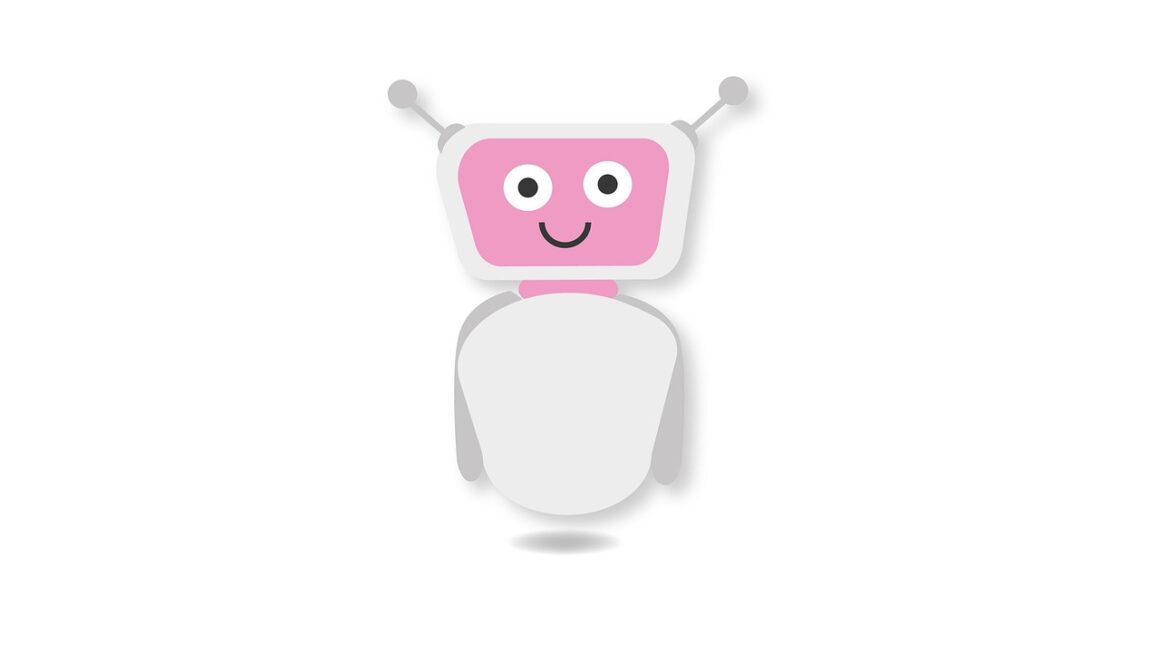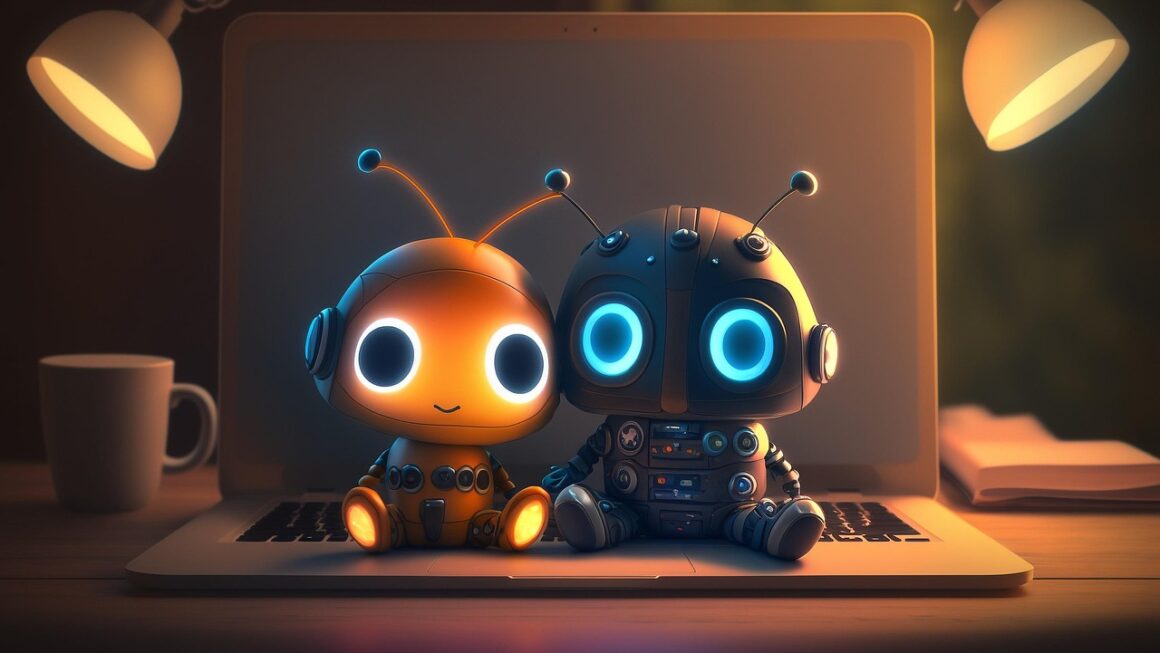Imagine a world where your day seamlessly flows, tasks are automated, and you have more time for the things you truly love. This isn’t a futuristic fantasy; it’s the reality enabled by the rise of AI lifestyle applications. Artificial intelligence is no longer just a buzzword – it’s actively shaping how we live, work, and interact with the world around us. Let’s delve into how AI is revolutionizing our daily routines and what you can do to embrace this intelligent evolution.
AI in the Home: Smarter Living Spaces
AI is making our homes more intelligent, efficient, and comfortable. Forget clunky, futuristic interfaces; modern AI integrates seamlessly into existing home infrastructure.
Smart Home Automation
AI-powered smart home devices are evolving beyond simple voice commands. They’re now learning your preferences and anticipating your needs.
- Intelligent Thermostats: Companies like Nest use machine learning to understand your heating and cooling patterns, automatically adjusting the temperature for optimal comfort and energy savings. This can result in significant savings on energy bills – some studies show up to 15% reduction on heating and 12% on cooling costs.
- Smart Lighting: Philips Hue and similar systems allow you to control lighting with your voice or through an app. AI can even create custom lighting scenes based on the time of day or your mood.
- Automated Security Systems: AI-powered security cameras can differentiate between a harmless animal and a potential intruder, reducing false alarms and providing more accurate threat detection. Systems like Ring utilize facial recognition to identify known individuals and alert you to unfamiliar faces.
AI-Powered Entertainment
Entertainment is becoming more personalized and immersive with AI.
- Personalized Recommendations: Streaming services like Netflix and Spotify use AI algorithms to analyze your viewing and listening history, providing tailored recommendations that you’re more likely to enjoy.
- Smart Speakers & Virtual Assistants: Devices like Amazon Echo and Google Home allow you to control your home, play music, set reminders, and answer questions using just your voice. They can even learn your voice and preferences over time, becoming more accurate and responsive.
- AI-Enhanced Gaming: AI is used to create more challenging and realistic opponents in video games, as well as to generate dynamic and engaging storylines.
AI in Health and Wellness: A Personalized Approach
AI is transforming healthcare and empowering individuals to take control of their well-being.
Wearable Health Technology
Smartwatches and fitness trackers are now equipped with AI that provides personalized health insights.
- Activity Tracking: Devices like Fitbit and Apple Watch use AI to track your steps, heart rate, sleep patterns, and other vital signs. They can then provide personalized recommendations for improving your fitness and overall health.
- Early Disease Detection: AI algorithms can analyze data from wearable sensors to detect early signs of potential health problems, such as irregular heart rhythms or sleep apnea. This allows for early intervention and potentially prevents serious health complications.
- Personalized Nutrition: AI-powered apps can analyze your dietary habits and provide customized meal plans based on your individual needs and preferences.
Mental Wellness Support
AI is being used to develop innovative tools for mental health support.
- AI-Powered Chatbots: Apps like Woebot provide users with AI-powered therapy and mental health support. These chatbots can help users manage stress, anxiety, and depression through cognitive behavioral therapy techniques.
- Mood Tracking and Analysis: AI algorithms can analyze your social media posts, journal entries, and other data to identify patterns and triggers related to your mood. This information can be used to improve your self-awareness and develop coping mechanisms.
- Personalized Meditation and Mindfulness: AI can be used to create personalized meditation and mindfulness programs based on your individual needs and preferences.
AI in Transportation: The Future of Mobility
AI is revolutionizing how we travel, making transportation safer, more efficient, and more convenient.
Autonomous Vehicles
Self-driving cars are no longer a distant dream; they’re becoming a reality.
- Enhanced Safety: AI can significantly reduce accidents by eliminating human error, which is a major cause of traffic fatalities. Self-driving cars use sensors and algorithms to perceive their surroundings and make decisions more quickly and accurately than humans.
- Increased Efficiency: Autonomous vehicles can optimize traffic flow, reducing congestion and travel times. They can also communicate with each other to coordinate their movements and avoid collisions.
- Accessibility for All: Self-driving cars can provide transportation options for individuals who are unable to drive themselves, such as the elderly or people with disabilities.
Smart Traffic Management
AI is being used to optimize traffic flow and reduce congestion in cities.
- Real-time Traffic Monitoring: AI algorithms can analyze data from sensors and cameras to monitor traffic conditions in real-time. This information can be used to adjust traffic signals and reroute traffic to avoid bottlenecks.
- Predictive Traffic Analysis: AI can predict future traffic patterns based on historical data and current conditions. This allows traffic managers to proactively address potential problems and optimize traffic flow.
- Personalized Navigation: AI-powered navigation apps can provide users with real-time traffic updates and personalized route recommendations based on their individual preferences.
AI in Work and Productivity: Streamlining Your Day
AI is changing the way we work, automating repetitive tasks and freeing up time for more creative and strategic activities.
Automated Task Management
AI-powered tools can help you manage your tasks more efficiently.
- Smart Calendars: Google Calendar and other smart calendars can automatically schedule meetings, send reminders, and even suggest optimal meeting times based on your availability and preferences.
- Email Filtering and Prioritization: AI algorithms can filter out spam and prioritize important emails, helping you stay focused on what matters most. Tools like Gmail’s Smart Compose can even suggest email replies and help you write emails faster.
- Project Management Tools: AI-powered project management tools can automate tasks, track progress, and identify potential risks, helping you stay on track and deliver projects on time.
Enhanced Communication and Collaboration
AI is making communication and collaboration more seamless and efficient.
- Real-time Translation: AI-powered translation tools can translate text and speech in real-time, making it easier to communicate with people from different countries and cultures.
- Virtual Assistants: Virtual assistants can handle a variety of tasks, such as scheduling meetings, making travel arrangements, and conducting research.
- Automated Meeting Summaries: AI algorithms can automatically generate summaries of meetings, highlighting key decisions and action items. This can save time and ensure that everyone is on the same page.
Conclusion
AI lifestyle is no longer a futuristic concept, but a present-day reality. By embracing AI-powered tools and technologies in our homes, healthcare, transportation, and workplaces, we can create more efficient, personalized, and fulfilling lives. As AI continues to evolve, its potential to improve our lives is limitless. Start exploring the possibilities and integrating AI into your daily routines to experience the benefits firsthand. The future of living is intelligent, and it’s here now.




